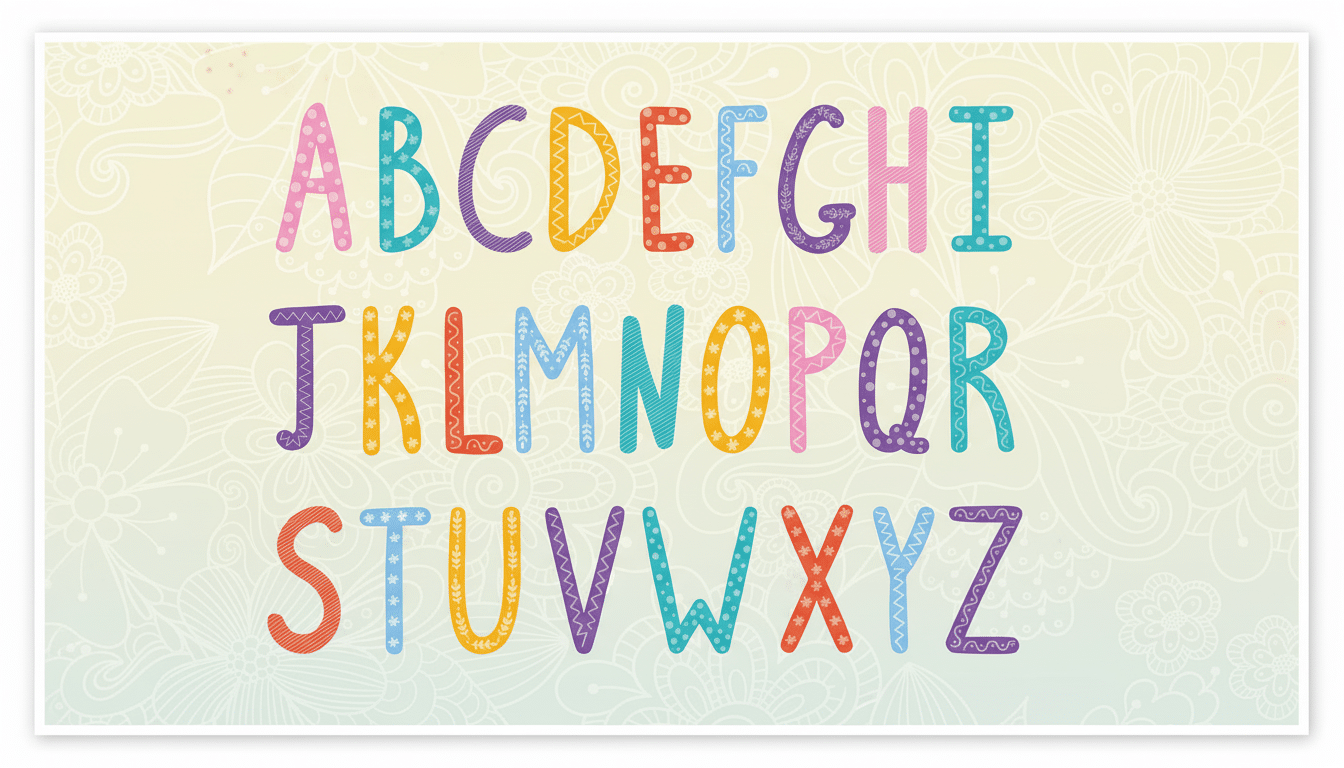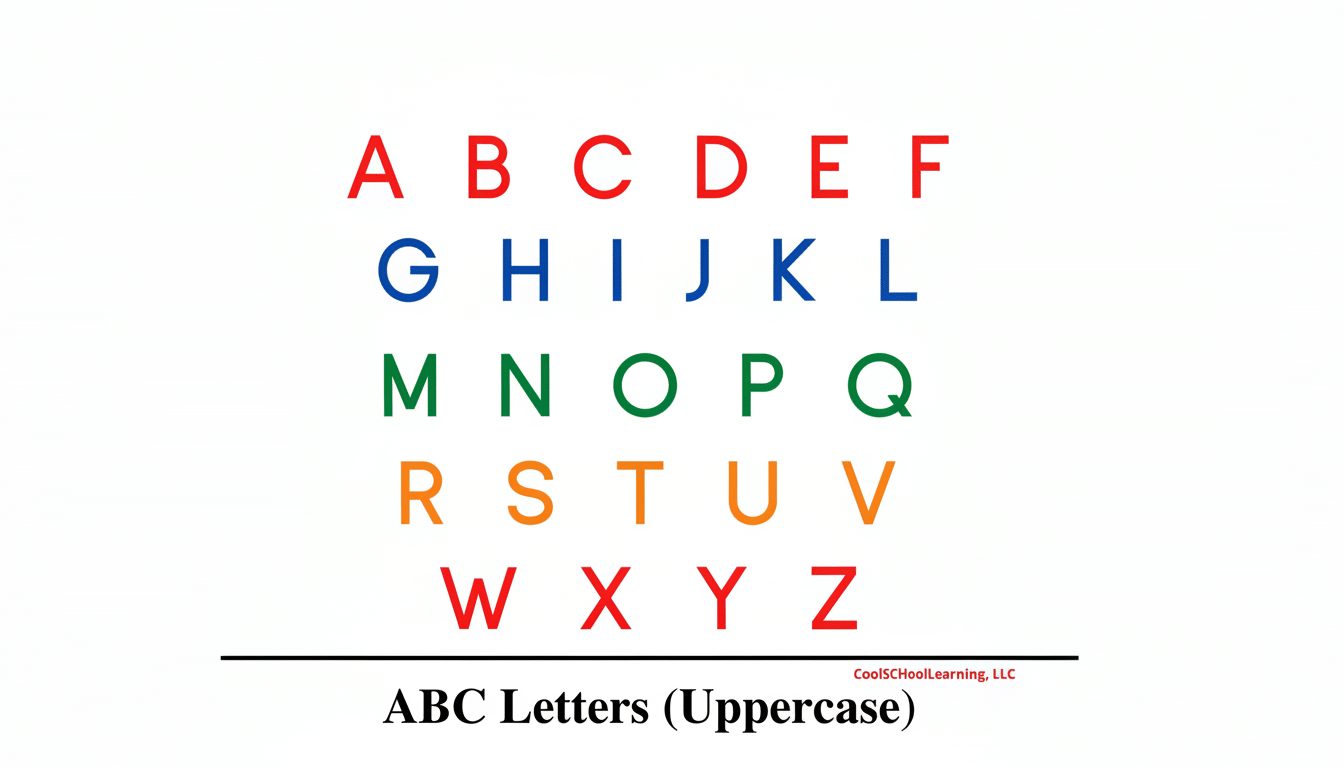Stephen King has weighed in on the fallout from ABC’s controversial decision to suspend Jimmy Kimmel, delivering a stark message to both the network and its parent company, Disney. The best-selling author framed the decision as a business calculation, and called on fans to make themselves heard if they want the late-night host back on air — transforming a media kerfuffle into a wider referendum on profit, pressure and speech in prime time.
King’s sharp message for ABC and Disney leadership
In a post on X, King said big media companies are motivated by the bottom line, and that audience pressure — not corporate conscience — usually forces reversals.

The horror maestro, who often opines about politics and media to his audience of millions, called on people to voice their displeasure, suggesting the public’s mood could be a forcing function in how ABC is handling matters.
King’s intervention is important, because he’s not just another celebrity offering his hot take; he’s a cultural bellwether. Whenever he does weigh in on media controversies, be it streaming strategies or newsroom ethics, culprits tend to take notice if only to gird themselves for the inevitable backlash: His posts have a way of traveling far beyond the typical entertainment echo chamber.
What prompted the suspension of Jimmy Kimmel’s show
The spark was Kimmel’s take on GOP responses to conservative activist Charlie Kirk regarding the shooting. The monologue prompted a swift backlash from the right — and celebratory trolling from Donald Trump, who publicly battled with Kimmel for much of his administration and at one point demanded he be fired.
Amid the controversy, FCC Commissioner Brendan Carr took offense at Kimmel on a podcast and called for ABC’s and Disney’s actions to be examined. Shortly after that, Nexstar Media Group, which owns a number of ABC affiliates, opted not to run Kimmel’s show, increasing distribution risk. The company removed ABC’s Jimmy Kimmel Live! from its lineup, calling the move an indefinite suspension.
And while the FCC’s sanction power over broadcast content is direct only in a limited number of standards and time windows, political pressure can create all sorts of expensive headaches: affiliate defections, advertiser skittishness, legal threats. It’s a cocktail that frequently drives networks toward pre-emptive decisions when formal penalties are barely in the mix.
Industry backlash and solidarity across late night
Kimmel’s late-night brethren and an outpouring of comedians and actors moved to his defense on social platforms, describing the suspension as an act of surrender to political bullying. It’s a well-worn path: when a heavy-hitting host is taken down, unity can coalesce in short order, driving up the reputational price for the network that made the call.

The tension between satire and standards has long been the defining dynamic of late night. FCC complaints led to Stephen Colbert’s public address over an off-color Trump joke; advertisers struck back at Bill Maher; ABC itself booted Roseanne for a racist tweet. The upshot is the same every time: Cultural tinderboxes today spark up at social-media speed, and jittery corporate responses frequently are about getting out in front of the next hit.
The corporate calculus within ABC and Disney
Late-night viewership has been diminishing for years, but the genre continues to punch above its weight in terms of influence, booking power and awards visibility. The formula there is a delicate one: weigh the cost of an affiliate revolt and regulatory static against what you get with a marquee host who draws eyeballs and generates next-day digital clips (often the real eye-opener in these streaming-media times).
Media analysts and First Amendment champions like the Knight First Amendment Institute and PEN America have said that government-influenced pressure — even without formal rulings — can chill speech. With ABC, the worry isn’t just raw legal liability; it’s about the impression that political forces can control editorial decisions — a precedent that has the potential to unnerve talent or viewers.
Kimmel is also an asset to Disney beyond late night, thanks to annual awards hosting duties and high-performing viral segments. Yanking him doesn’t impact only a time slot; it resonates through advertiser partnerships, affiliate faith and the overall pipeline of talent who need some guarantee they won’t be sidelined at the first hint of a conflict.
What to watch next as ABC weighs Kimmel’s future
Three signals will reveal the direction of this story:
- How affiliate stations react
- How advertisers respond
- What ABC says about a path to reinstatement
Kimmel’s own reaction — on or off air — could also help shape the public mood and dictate whether the suspension signals a pause rather than a pivot.
It is King’s message that gets down to the stakes for now. He’s daring ABC’s audience to make its preference inescapable, gambling that a symphony of viewers can still outweigh the pressure exerted by partisans. If that chorus becomes a reality, the network might find the business case to bring Kimmel back is a no-brainer.

